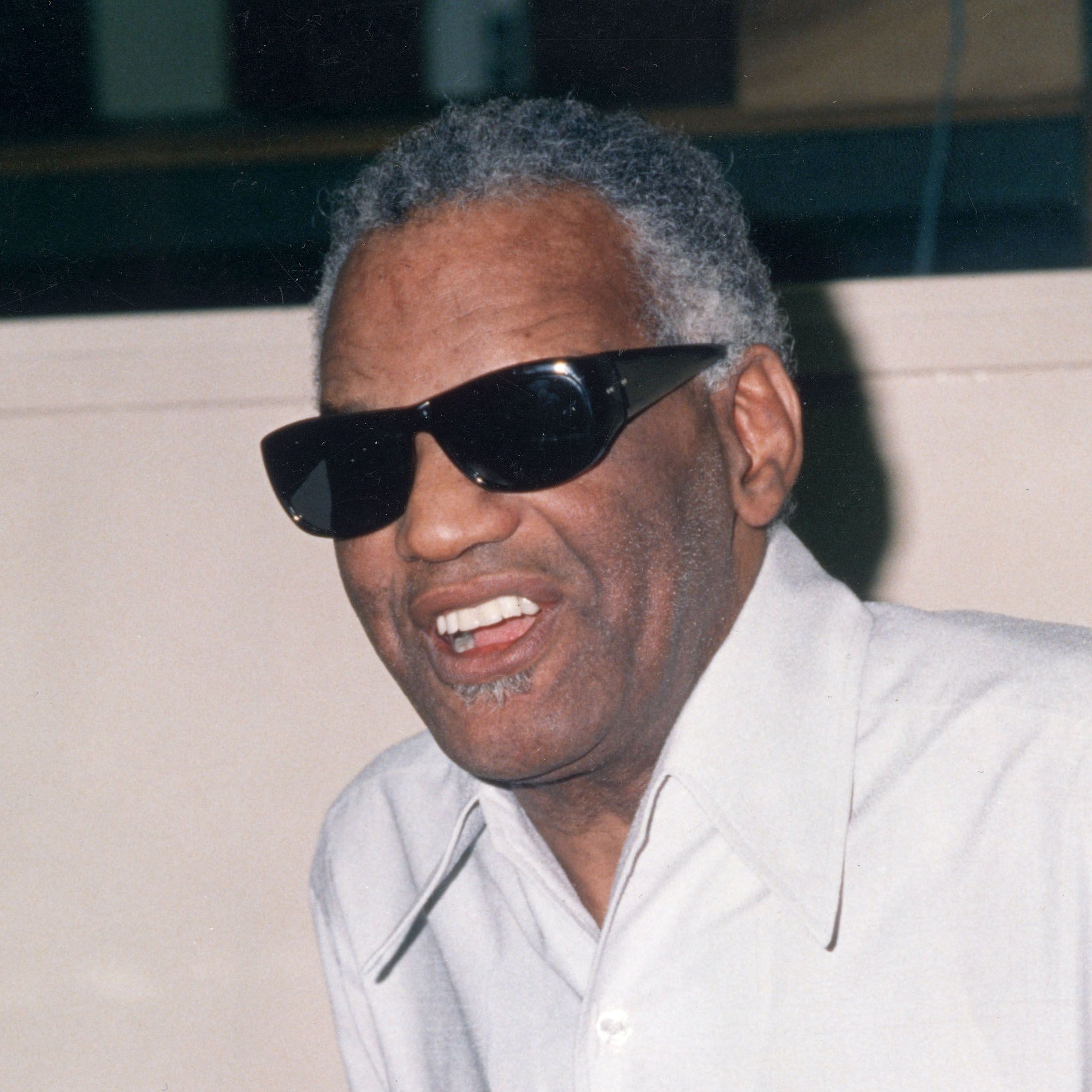No Results? Check Spelling & Try Again (Quick Tips!)
Have you ever stared blankly at a search engine results page, confronted by the chillingly unhelpful message: "We did not find results for: 'your search query.' Check spelling or type a new query."? This digital dead end, a universal experience in the age of information, speaks volumes about the complex interplay between human intent and algorithmic interpretation.
This seemingly simple error message, often accompanied by the equally dismissive "Check spelling or type a new query," transcends its technical function. It becomes a symbol of frustration, a stark reminder of the limitations of search technology, and an accidental commentary on the very nature of information access. The underlying issue is rarely as simple as a misspelled word. Instead, it points to a deeper chasm between what we intend to find and what the algorithm understands we are looking for.
Consider the implications. On the surface, the message is a straightforward instruction: refine your search. But beneath that veneer of helpfulness lies a multitude of potential problems. Perhaps the information simply doesn't exist online, a humbling thought in a world seemingly saturated with data. Maybe the language used to describe the desired information differs from the language used in the search query. Or, more subtly, the search engine's algorithms may prioritize certain keywords or phrases, effectively burying relevant results under a pile of less relevant, but algorithmically favored, content.
- Filmyfly 2025 Filme Serien Amp Mehr Jetzt Streamen
- Vegane Filme Mehr Was Sie Wissen Sollten Alternativen
The user is then forced into a reactive dance with the search engine. We tweak our queries, experiment with synonyms, and contort our phrasing in an attempt to appease the algorithm. This process can be both time-consuming and intellectually taxing, transforming a simple search for information into an exercise in digital linguistic manipulation. It highlights the power dynamics inherent in search technology: we are not simply asking a question; we are playing a game, the rules of which are often opaque and subject to change.
Furthermore, the "We did not find results" message can trigger a cascade of doubt and self-questioning. Am I using the right terminology? Is my understanding of the subject matter flawed? The search engine, in its impersonal and algorithmic way, casts a shadow of uncertainty on our own knowledge and capabilities. It forces us to confront the boundaries of our understanding and the limitations of our ability to articulate our information needs.
The problem is amplified by the increasing sophistication of search algorithms. While these algorithms are designed to provide more relevant results, they also introduce new layers of complexity. Techniques like semantic search, which attempts to understand the meaning behind a query rather than simply matching keywords, can sometimes lead to unexpected or irrelevant results. The algorithm's attempt to "read our minds" can backfire, leading us further away from the information we seek. The error message then becomes a sign of an algorithm that, despite its sophistication, has failed to bridge the gap between human intent and machine interpretation.
The economic implications are also significant. Businesses rely heavily on search engines to connect with potential customers. A poorly optimized website, or a website that uses language that doesn't align with common search queries, can be effectively invisible to potential customers. The "We did not find results" message, from a business perspective, translates directly into lost revenue and missed opportunities. Search engine optimization (SEO) has become a multi-billion dollar industry precisely because of the need to navigate this complex landscape and ensure that websites are visible to search engines.
The user experience implications extend beyond mere frustration. The repeated failure to find information can lead to feelings of helplessness, disengagement, and even a sense of alienation from the online world. This is particularly true for users who are less technologically savvy or who are already struggling to navigate the digital landscape. The search engine, intended as a tool for empowerment, can become a source of frustration and exclusion.
The rise of voice search introduces yet another layer of complexity. Voice queries tend to be longer and more conversational than text-based queries. This can lead to even greater ambiguity and a higher likelihood of receiving the dreaded "We did not find results" message. The nuances of human speech, including intonation, emphasis, and regional accents, can be misinterpreted by voice search algorithms, leading to inaccurate or irrelevant results.
The increasing reliance on mobile devices further exacerbates the problem. Mobile screens are smaller, making it more difficult to type complex queries or to scan through long lists of search results. Mobile users are also more likely to be on the move, which means they may have less time and patience to refine their searches. The "We did not find results" message, on a mobile device, can be particularly frustrating, leading users to abandon their search altogether.
The evolution of search technology is a constant arms race between human intent and algorithmic interpretation. As algorithms become more sophisticated, they also become more complex, making it increasingly difficult for users to understand how they work and how to optimize their searches. The "We did not find results" message serves as a persistent reminder of this fundamental challenge.
The future of search may lie in more intuitive and personalized interfaces that can better understand user intent. Technologies like artificial intelligence and machine learning hold the promise of creating search engines that are more responsive to individual needs and preferences. However, even the most advanced algorithms will likely encounter situations where they are unable to find the desired information. The "We did not find results" message, in some form or another, will likely remain a part of the online experience, a constant reminder of the limitations of technology and the enduring complexities of human communication.
Instead of simply presenting a blank page and a generic error message, search engines could provide more helpful guidance to users. This could include suggestions for alternative search terms, links to relevant resources, or even a direct connection to a human expert who can provide assistance. The goal should be to transform the "We did not find results" message from a dead end into an opportunity for learning and discovery.
Ultimately, the "We did not find results" message is a reflection of the broader challenges of information access in the digital age. It highlights the importance of critical thinking, information literacy, and the ability to navigate the complexities of the online world. It reminds us that search engines are not infallible oracles, but rather imperfect tools that require skill and understanding to use effectively. The ability to refine our queries, evaluate the relevance of search results, and adapt our strategies in the face of failure are essential skills for navigating the information landscape of the 21st century.
The message also brings up the conversation about content creation. Are we, as content creators, doing enough to ensure that our information is easily discoverable by search engines? Are we using the right keywords and phrases? Are we structuring our content in a way that is both readable and search engine friendly? The "We did not find results" message can be a wake-up call for content creators, prompting them to re-evaluate their strategies and to focus on creating high-quality, accessible, and discoverable content.
In a world increasingly dominated by algorithms and artificial intelligence, it is important to remember the human element in information access. The search for information is not simply a technical process; it is a fundamentally human endeavor. It is driven by curiosity, a desire to learn, and a need to connect with others. The "We did not find results" message, in its own small way, reminds us of the importance of preserving that human element in the age of information.
Consider also the implications for education. Are we adequately preparing students to navigate the complexities of online search? Are we teaching them the critical thinking skills they need to evaluate the credibility and relevance of online information? The "We did not find results" message can be a valuable teaching tool, prompting students to reflect on their search strategies and to develop a deeper understanding of the information landscape.
The ethical considerations surrounding search algorithms are also becoming increasingly important. Are search engines biased in favor of certain viewpoints or perspectives? Are they inadvertently reinforcing existing inequalities in access to information? The "We did not find results" message can be a symptom of these underlying biases, highlighting the need for greater transparency and accountability in the design and deployment of search algorithms.
The philosophical implications are perhaps the most profound. The search for information is, at its core, a quest for knowledge and understanding. The "We did not find results" message challenges our assumptions about the nature of knowledge and the accessibility of information. It reminds us that the pursuit of knowledge is often a difficult and frustrating process, filled with dead ends and unanswered questions. It also reminds us that the value of knowledge lies not only in its acquisition but also in the process of searching for it.
In conclusion, while seemingly trivial, the phrase "We did not find results for: 'your search query.' Check spelling or type a new query." encapsulates a range of complex issues related to information access, algorithmic bias, human-computer interaction, and the very nature of knowledge itself. It serves as a constant reminder of the limitations of technology and the enduring importance of human intelligence, critical thinking, and the relentless pursuit of understanding. It forces us to confront the gap between our aspirations and the reality of the digital world, prompting us to strive for better tools, better algorithms, and a more equitable and accessible information landscape for all.
- Kannadafilme Finden Streamen Tipps Topauswahl
- Sdindische Filme 2025 Hindi Dubbed Action Kracher Mehr

12 Facts About Ray Charles Facts

Ray Charles I Got A Woman Mess Around Vinyl 7

Ray Charles Biography Facts, Childhood, Family Life & Achievements